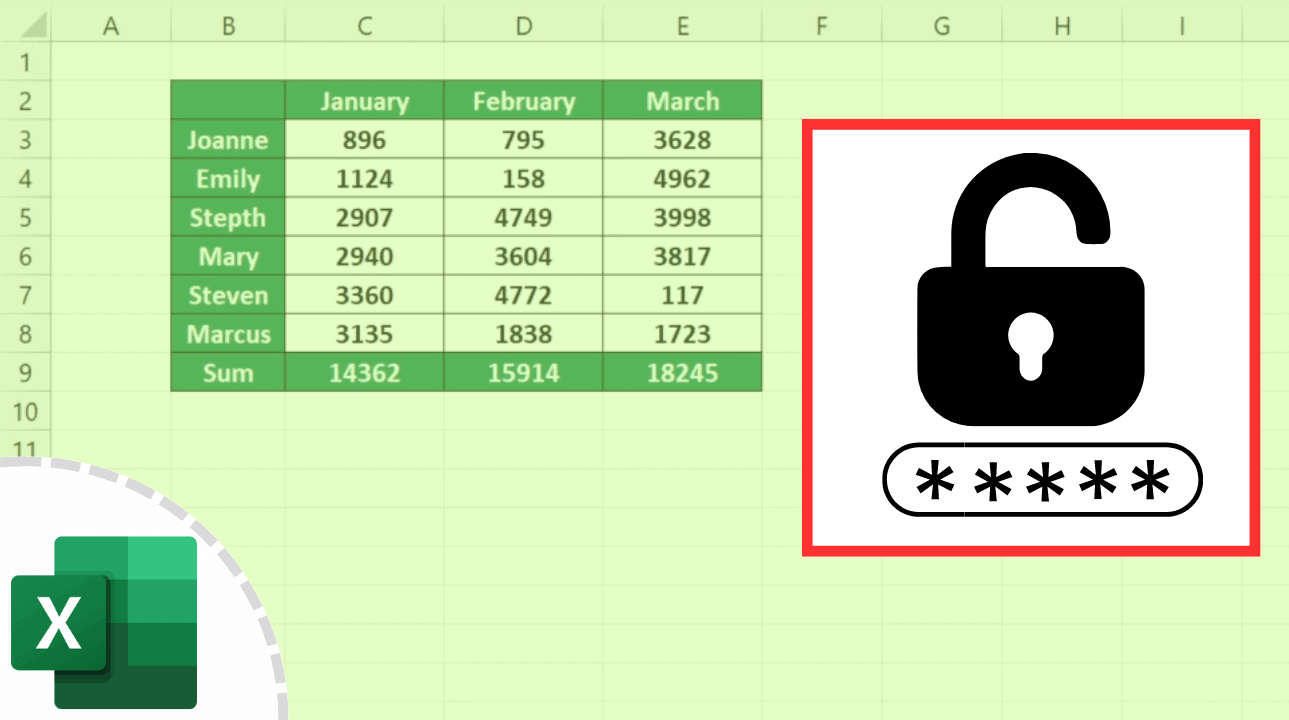3 Ways to Switch Sheets in Excel VBA

In the world of data manipulation and automation, Microsoft Excel remains a powerful tool, particularly when its functionality is extended with VBA (Visual Basic for Applications). Switching between sheets within an Excel workbook can be a frequent task, and mastering this action with VBA can significantly streamline your workflow. This blog post will explore three effective methods to switch sheets using VBA in Excel, enhancing both your productivity and understanding of Excel's programmatic capabilities.
Method 1: Using the Select or Activate Method


One of the simplest ways to switch sheets in VBA is by using the Select or Activate method. These methods, though straightforward, are useful for single sheet manipulation:
- Select: Selects a specific worksheet making it active.
- Activate: Similar to Select, but used to make a specific sheet active without selecting the entire workbook's window.
Here's how you can use it:
Sub SwitchSheetsBySelect()
' Selects "Sheet2"
Sheets("Sheet2").Select
End Sub
Sub SwitchSheetsByActivate()
' Activates "Sheet2"
Sheets("Sheet2").Activate
End Sub
📘 Note: The 'Select' method is considered outdated for larger applications, but for simple, immediate sheet switching, it works efficiently.
Method 2: Navigating Sheets with Index Numbers


Another effective approach is to use sheet index numbers to switch between sheets. This method becomes particularly useful when you know the position of the sheets:
- Sheets are indexed in the order they appear in the workbook.
- The first sheet has an index of 1, the second sheet has 2, and so on.
Here's the code to switch sheets using their index:
Sub SwitchSheetsByIndex()
' Switches to the third sheet in the workbook
Sheets(3).Select
End Sub
📘 Note: Using index numbers is less intuitive than referencing sheet names directly but can be useful when sheet names are dynamically generated or frequently changed.
Method 3: Dynamic Sheet Switching with Variables


For more complex operations, you might need to switch sheets dynamically based on certain conditions or user inputs. Here’s how you can use variables to navigate:
Sub DynamicSheetSwitch()
Dim sheetName As String
sheetName = "Sheet3"
' Checks if the sheet exists before attempting to switch
If WorksheetExists(sheetName) Then
Sheets(sheetName).Select
Else
MsgBox "Sheet '" & sheetName & "' does not exist."
End If
End Sub
Function WorksheetExists(sheetName As String) As Boolean
Dim ws As Worksheet
On Error Resume Next
Set ws = ThisWorkbook.Sheets(sheetName)
WorksheetExists = (Err.Number = 0)
On Error GoTo 0
End Function
📘 Note: This method is perfect for environments where the workbook structure changes often or when you need to perform operations based on specific user inputs.
In summary, Excel VBA offers versatile methods to switch sheets, ranging from simple selection methods to more advanced dynamic approaches. Choosing the right method depends on your specific needs:
- The `Select` and `Activate` methods are straightforward for direct navigation.
- Using sheet index numbers is useful for organized workbooks where sheet positions remain constant.
- Dynamic sheet switching with variables is the go-to for adaptability and conditional navigation.
By mastering these VBA techniques, you can make your Excel workflows more efficient and responsive to changing conditions. Whether you're automating simple tasks or developing complex applications, knowing how to effectively switch between sheets is a crucial skill for any Excel user.
Why would I need to switch sheets using VBA?

+
Switching sheets with VBA is useful for automating repetitive tasks, reducing manual navigation, and for creating dynamic workflows where the sheets you need to work with change based on user input or specific conditions.
Is there a risk of using Select or Activate methods in VBA?

+
Yes, these methods can slow down your VBA code if used extensively because they require Excel to redraw the interface. For better performance, direct manipulation of data or references to sheets by name or index can be more efficient.
How can I make my VBA code more robust when switching sheets?

+
Using error handling, checking for the existence of sheets before trying to access them, and employing variables for sheet names or indices are key practices to make your VBA code more robust when dealing with sheet navigation.



